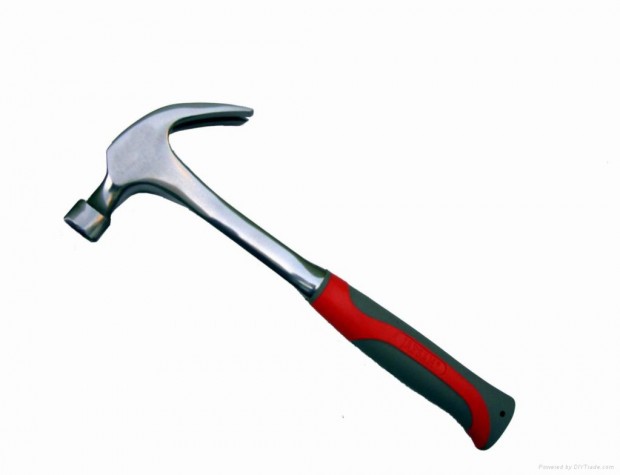Bad Advice Wednesday: Become an Expert
categories: Bad Advice / Cocktail Hour
9 comments
.
A great way to approach an essay and eventually a book is to become an expert at something. You might start with the idea of writing about your summer fishing in the Adirondacks, or about your history as a dancer, or your years working construction, all good–great stories, and fascinating. But as you begin your draft, also study up. You’ve already done your research in that you’ve done the fishing or dancing or building, also in that you’ve read extensively in dance history, or fly-tying books, or building code manuals. But there are many experts in these wildly diverse fields. I’m talking about going micro. So, for the fisherman, Stone flies. For the dancer, say, pointe shoes. For the builder, not tools, but the hammer.
I mean it: the hammer, the shoe, the fly.
Who makes hammers, anyway? Why are there so many types? What do the guys and gals at construction sites have to say about hammers? Who invented the the shape we’re familiar with? The first ones were rocks, right? How many murders a year are committed with hammers? How many with pointe shoes? Stone flies, Jesus, they ought to be outlawed!
Your eventual expertise gives you an entry point into the vast body of your material, and can help you keep focused. Plus, no one but no one is going to know more about hammers than you. There’s even a story in the study: the story of discovery. There’s your historical essay. There’s the anthropology, the sociology. You’re the expert–there’s an angle for almost every magazine out there. And then, let’s get back to it–your book.
If I had a pointe shoe! I’d pointe shoe in the morning. I’d pointe shoe in the evening. All over this land!



Great point. Sometimes I tell my friends that I started writing for the research. You see, I LOVE learning how, why, when, where about stuff!
I enjoyed this article and I find it very helpful too. I tend to get distracted when writing and it’s usually because I’m unfamiliar with the subject.
Hammers, what about nails?? Ever wonder what kind of nails they make in Finland? (For you carpenters out there)
Great advice! You never know where research will take you. I started an essay about farming and ended up with Charles Darwin and his research on how worms change the soil. Finding these unexpected, true story paths is the main reason I write nonfiction. I just started compiling possible research avenues for a new essay and I’m excited to see where it goes.
Farming is a great subject, of course. But vast once again… I fixed a manure spreader once when I was 23, deep into the mechanics of it…
Thanks, Bill! I find that when I’m writing about, and trying to become an expert on, say the 80s or the 90s (my favorite decades), it helps me to watch movies from that time period as “research.” If I’m writing about college, I’ll revisit Singles or Reality Bites. It helps me to re-inhabit my old world (and persona!). Plus I love the soundtracks!
I pretty much count everything as research.
Thanks for this. I’m going to share it in AP Lang class right after we read Scott Russell Sanders’ “The Inheritance of Tools,” as prompt for the follow-up writing assignment (about next March).
Great for writing classes, for sure. I had one kid write and study about somnambulism as he was always falling asleep in class… He wrote a great paper and delivered it in pajamas…